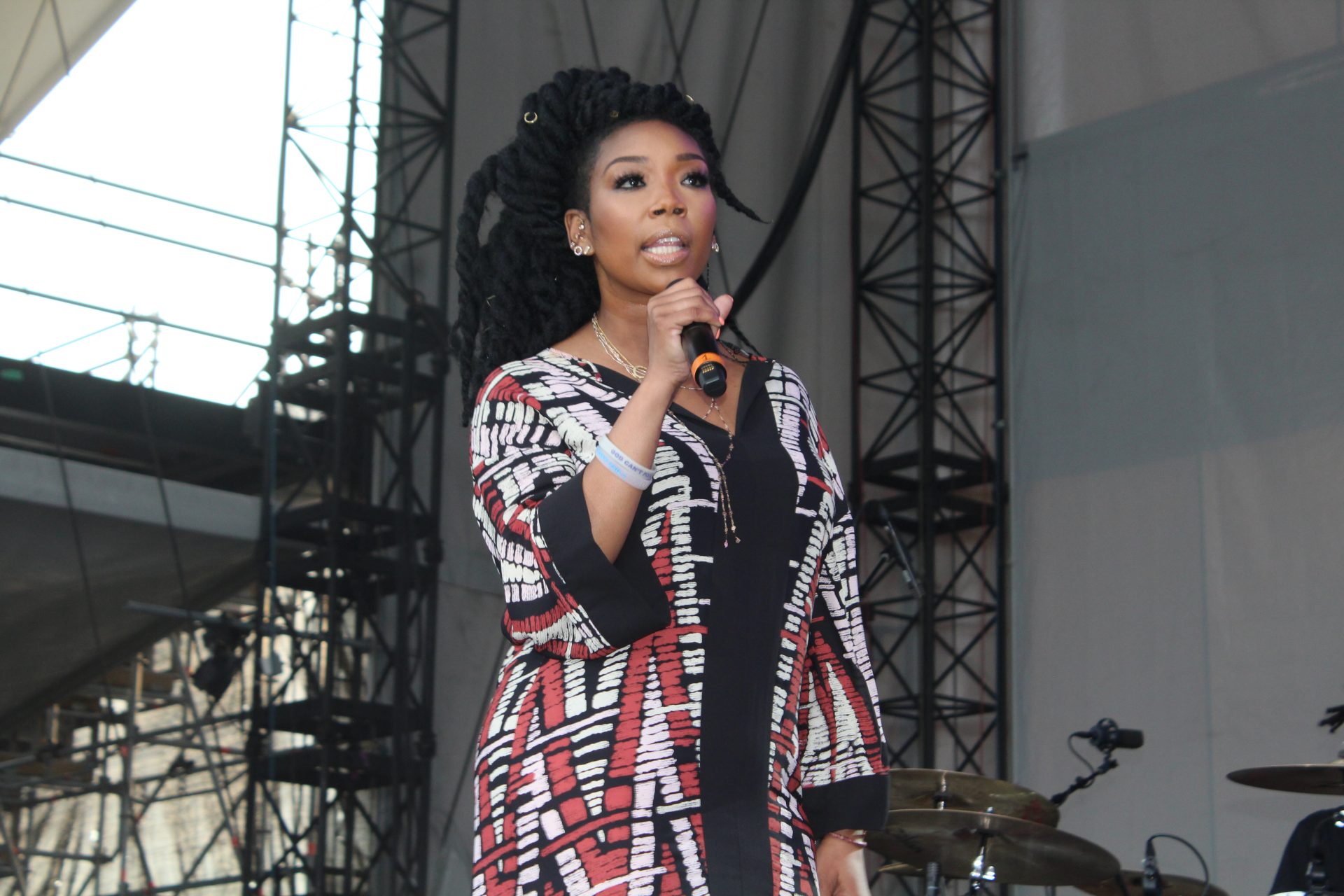In an era where finding love should be easier than ever, online dating has created an unexpected challenge: too many options. Dating apps and websites showcase an endless stream of potential partners, yet users report feeling more isolated and frustrated than ever before. This contradiction lies at the heart of modern digital dating’s disappointment.
Recent trends suggest that while more people are turning to online platforms to find connection, satisfaction rates continue to decline. The promise of unlimited choice has transformed into a burden, leaving many users overwhelmed and increasingly skeptical of finding genuine relationships through these platforms.
When algorithms fail at love
Dating platforms market themselves as sophisticated matchmaking systems, using complex algorithms to predict compatibility. However, these mathematical approaches to romance often fall short of delivering meaningful connections. The human elements of attraction and chemistry prove stubbornly resistant to digital quantification.
Users frequently report a stark disconnect between online matching and real-world compatibility. While apps can analyze data points about interests and demographics, they struggle to capture the intangible qualities that spark genuine romantic connections. This gap between technological promise and emotional reality leaves many feeling misled.
The emotional toll of digital dating
Perhaps the most significant impact of online dating has been its effect on emotional well-being. The casual nature of digital interactions has normalized behaviors that can be deeply harmful to those seeking genuine connections. Ghosting – the practice of suddenly cutting off all communication – has become so common that many users now expect it as part of the dating process.
This culture of disposable relationships creates a cycle of anxiety and distrust. Users report feeling increasingly guarded, knowing that their next match might disappear without explanation. The emotional investment required for building genuine connections becomes harder to make when past experiences have left psychological scars.
Surface-level connections
The structure of dating apps often prioritizes quick judgments over depth. The swipe-based interface, while efficient, reduces complex individuals to a collection of photos and brief descriptions. This emphasis on immediate visual appeal tends to sideline the characteristics that sustain long-term relationships.
Even when matches occur, the nature of online communication often keeps interactions superficial. Brief messages and casual banter replace the kind of meaningful dialogue that builds genuine understanding. Many users find themselves caught in an endless cycle of small talk that never develops into deeper connection.
Dating fatigue sets in
For many active users, online dating has become an exhausting second job rather than an exciting journey toward finding love. The constant effort required to maintain profiles, screen potential matches, and engage in conversations across multiple platforms leads to widespread burnout.
This fatigue manifests in various ways. Some users report feeling emotionally numb after repeated disappointments. Others describe anxiety about keeping up with messages or pressure to constantly present their best selves. The cumulative effect often leads to periodic breaks from dating apps, though many eventually return, feeling they have no better alternatives.
Trust in a digital age
Deception in online dating ranges from subtle exaggerations to elaborate schemes. While outright catfishing – creating entirely false identities – generates headlines, smaller misrepresentations prove more common and equally damaging to trust. Users increasingly approach new matches with skepticism, wondering what reality might lurk behind carefully curated profiles.
The ease of creating and maintaining online personas has made authenticity both more valuable and more difficult to verify. This uncertainty adds another layer of emotional labor to the dating process, as users must constantly gauge the truthfulness of their interactions.
The path forward
Despite these challenges, online dating remains a significant way people meet potential partners. The key to better experiences may lie in adjusting expectations and approaches rather than abandoning digital platforms entirely. Users who report positive experiences often describe taking a more measured approach, using apps as just one tool in their broader social lives rather than their primary means of finding connection.
Success in online dating might require resisting some of the platforms’ inherent pressures – the urge to constantly seek better options, the tendency to make snap judgments, the temptation to maintain superficial connections with multiple potential partners. Instead, focusing on quality over quantity and taking time to develop meaningful conversations could help users find more satisfaction in their digital dating journey.
The future of online dating may depend on how well platforms can evolve to address these fundamental human needs for authenticity, connection, and respect. Until then, users must navigate carefully between the promise of digital convenience and the reality of building genuine relationships in an increasingly disconnected world.
This story was created using AI technology.











